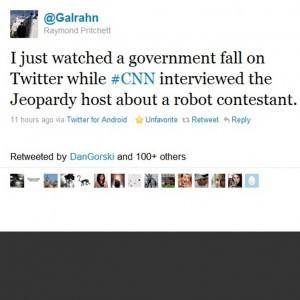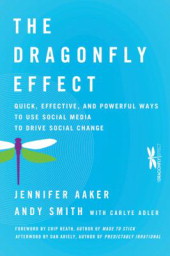 The last few weeks I’ve been seeing all these articles about how Quora will be the next Twitter or Facebook and is the biggest blogging innovation in 10 years. Quora is a crowdsourced answer site that is a cross between LinkedIn‘s Q&A feature, Reddit, Yahoo Answers, and Wikipedia.
The last few weeks I’ve been seeing all these articles about how Quora will be the next Twitter or Facebook and is the biggest blogging innovation in 10 years. Quora is a crowdsourced answer site that is a cross between LinkedIn‘s Q&A feature, Reddit, Yahoo Answers, and Wikipedia.
With everyone so excited about it, I signed up and checked it out. After a week of use, however, I’ve concluded Quora is a lot of hype. I only see myself monitoring a few discussions on Quora every now and then to find inspiration for blog posts. I don’t plan to spend much time commenting on or answering questions. Here are the top five reasons why:
- Not convenient.Unlike responding to a tweet on Twitter or an update on Facebook, answering a question on Quora is not something you can do quickly (or at least shouldn’t), say, in the small amount of time you have when your child is putting on his/her pajamas.
- Not timely.What is great about Facebook, Twitter, Foursquare, etc. is finding out about breaking news when it happens or what your friends are doing. While Quora lets you find out what intellectuals are saying about a particular topic, most answers have little or no news value.
- Not trust worthy.Quora is too easily gamed, at least for now. Celebrity up-voting and self-promotion can create too much noise, preventing the best answers from bubbling up to the top (this does mean if you are in charge of monitoring a brand, you need to track Quora to keep nasty reputation issues from brewing).
- Not necessary.I already do not have the time to review (let alone respond to) all the interesting Q&As the LinkedIn groups I belong to generate, so I don’t need another opportunity to drown in information overload (particularly with Facebook Questions, a similar kind of Q&A on Facebook, set to debut in the next few weeks).
- Not compelling.Come on! How many people spend hours reading Wikipedia and textbooks (especially ones with very few pictures and illustrations) in their spare time? You go to them once in a while when you have a question or want to double check a fact but then you move on.
So why would anybody spend hours on Quora? The main benefit I see is flaunting your expertise and basking in your popularity. In the words of Silicon-Valleyphile Robert Scoble:
“I find that there’s something addictive about participating [in Quora] instead of here on my blog. Why? Because when you see people voting up your answers or adding their own replies in real time it makes you realize there’s a good group of people reading your stuff. I don’t get that immediate rush here (here I have to wait for comments to show up, which isn’t nearly as immediate).”
For you to get the same rush as Scoble, however, you’d either have to be a celebrity like him or have way too much time on your hands. In the words of Mashable tech writer Tamar Weinberg: “Quora is a lot of people showing off how smart they are.”
Enough said.
Am I crazy? Do you think Quora will be bigger than Twitter and Facebook combined? Please share your thoughts in the comment section below.




